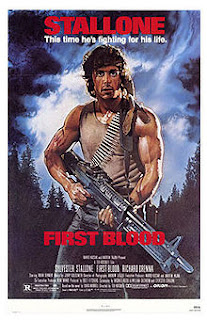A Piece of Suffering

One cannot weep for the entire world, it is beyond human strength. One must choose. Jean Anouilh I saw the old man again yesterday. He was sitting on the curb right in front of the bakeshop. He was wearing ragged clothes that must have been new many summers ago. The old man’s skin was blackened by countless days out in the hot sun. A result, I suppose, of roaming and dragging himself around the concrete pavements of the metropolis, whose inhabitants barely notice him and others like him. His face was leathery, loose skin tiredly draped around the facial bones, barely hanging on. The lips were sunk in, betraying lack of teeth. And then I looked into his eyes. They were glazed, unfocused; and it was as if the old man was staring at something faraway, something that only he could see. I shuddered a bit at the thought. His hand was held out, in the classic pose many Filipinos are familiar with—the hand of begging. But the old man looked as if he wasn’t aware of what his own hand was...


